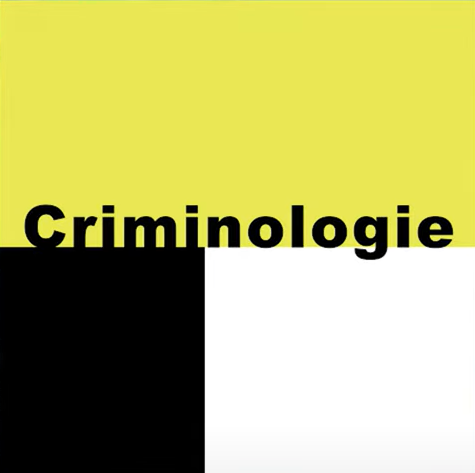In Quebec, police officers occupy functions defined by law and must respect clear ethical standards prescribed by the Code of Ethics of Quebec Police Officers. The civil control system created in 1990 is made up of two bodies : this article aims to exploit data which have never been made available to academic researchers on the influence that legal and extra-legal factors can have on the progress of a complaint to the Police Ethics Commissioner of Quebec. A sample of 202 complaints was coded from the 2138 complaints for the year 2019-2020. The bivariate and multivariate analyzes carried out indicate that no reason for discrimination among those studied appears to influence the Commissioner’s initial decision, but that the nature and precision of the complaint, as well as the presence of non-police witnesses at the time of intervention were factors associated with acceptance of the intervention. Although it appears that the initial processing of a police ethics complaint is not influenced by grounds of discrimination, the implications of these results are discussed in light of their impacts on the accessibility of the system for the population. To go further, it would be interesting to seek to systematize the collection of information that comes from police ethics complaints, whether they progress through the system or not.
This forty-ninth episode features an interview with Rémi Boivin, Sabina Papuc Costea, Maude Pérusse-Roy, and Massimiliano Mulone.
More details: https://doi.org/10.7202/1117821ar

Attention - Votre version d'Internet Explorer est vieille de 21 ans et peut ne pas vous offrir une expérience optimale sur le site du CICC. Veuillez mettre à jour votre ordinateur pour une expérience optimale. Nous vous recommandons Firefox ou Chrome, ou encore ChromeFrame si vous êtes dans un environnement corporatif ou académique dans lequel vous ne pouvez pas mettre à jour Internet Explorer.